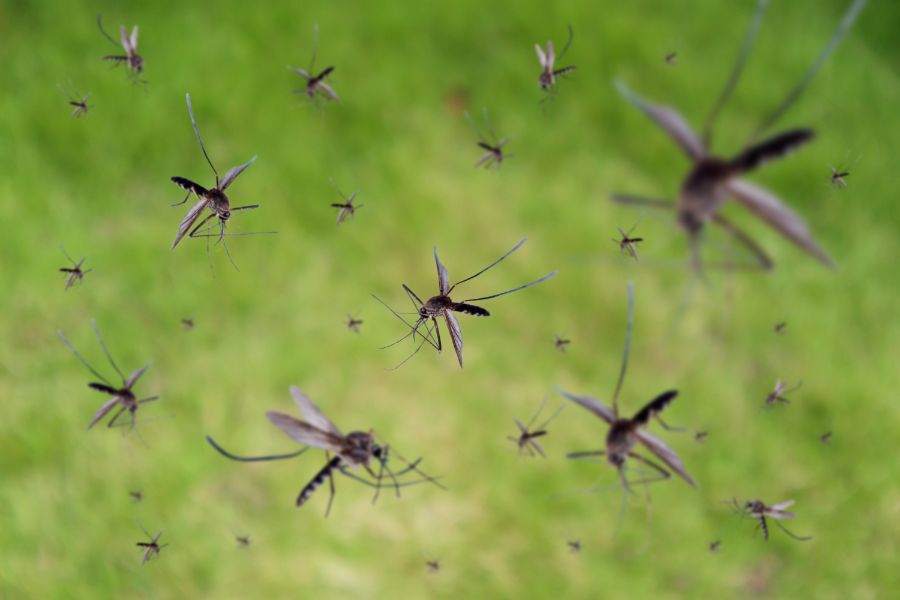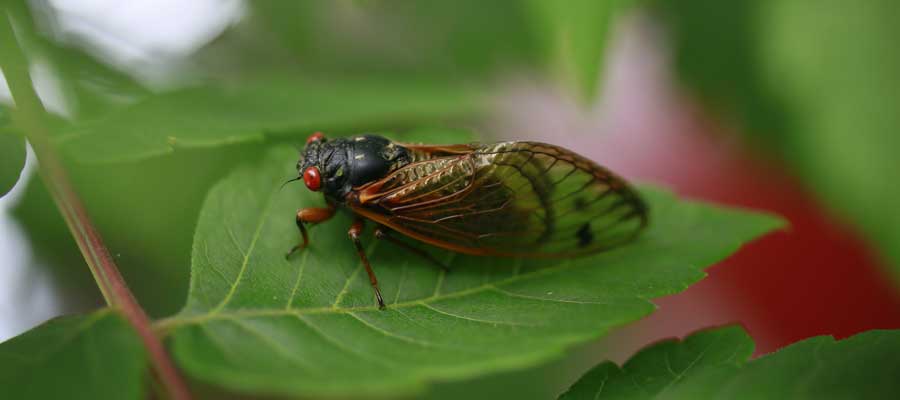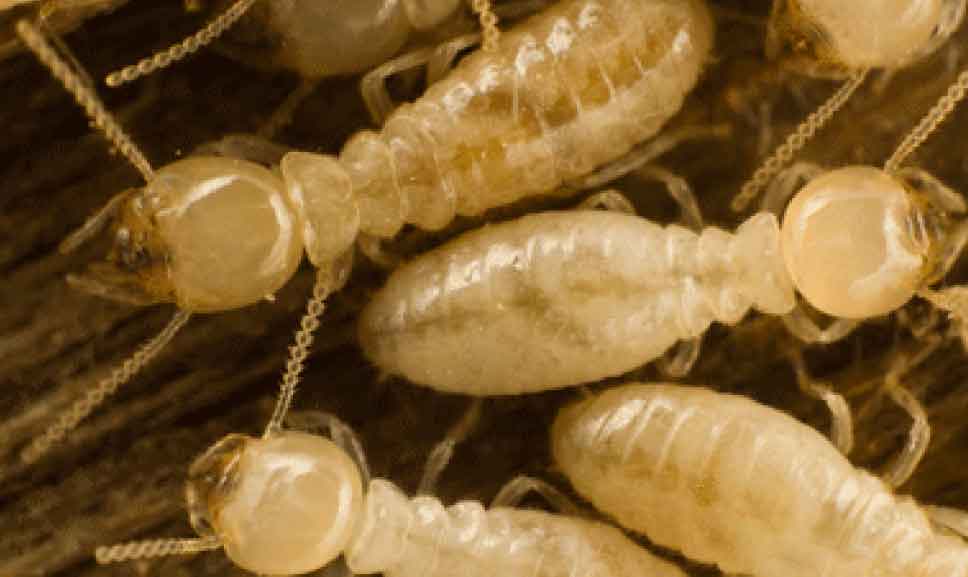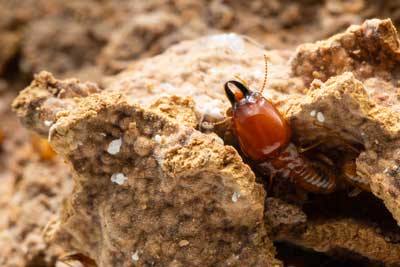Spring is finally here in Tennessee and with it, the warm sun, rain, and blooming flowers. However, these aren’t the only accompaniments to springtime. Mosquitoes are emerging and are here to stay for the months ahead. It can be very difficult to enjoy spending outdoors this time of year when mosquitoes are so active during much of the day. This makes it important to learn not only how to prevent mosquitoes, but how to get rid of them if you already have an infestation. The mosquito control experts are here to help—read on to learn more!
Mosquito Prevention 101
When it comes to mosquitoes, we recommend that each person take steps to help with the mosquito populations. Our top tips are to:
- Drain all standing water from the yard, including buckets, bird baths, old tires, planters, and toys. Mosquitoes can lay eggs in just a capful of water!
- While outside during mosquito season, it is recommended to use a repellent to help keep the mosquitoes from biting. Just be sure to read the label instructions for proper use.
- To prevent bites, wear light or bright colored clothing. If it is cool enough at dawn and dusk, wear pants and long sleeved shirts to limit skin exposure.
- For the ultimate protection against mosquitoes, team up with your local mosquito control experts at The Bug Man, who can provide targeted treatments.
Mosquito Management With The Bug Man
If you have a mosquito problem, the team at The Bug Man can come to your rescue. Our mosquito management service consists of the following steps to keep you mosquito-free:
- An inspection of your property.
- Removal or recommended removal of breeding sites.
- Application a larvicide to areas of standing water.
- Application of a residual adulticide to the bushes, shrubs, and other resting sites around the perimeter of the outdoor living areas.
Say Goodbye to Mosquito Problems in Murfreesboro TN
If you want to enjoy your time spent outside this spring and summer, it’s important to team up with your local mosquito control experts. At The Bug Man, we know how to prevent mosquitoes from bothering you or your family. Contact us today to get started!




